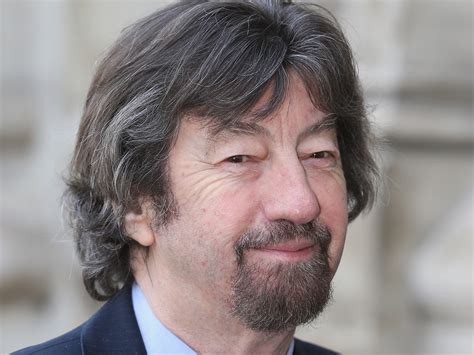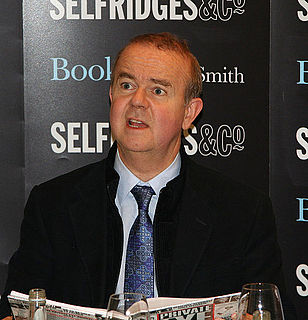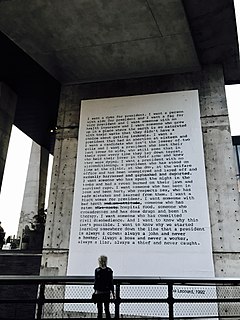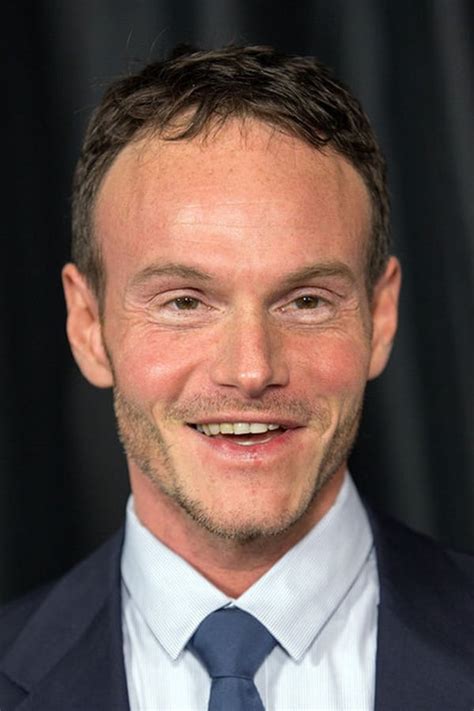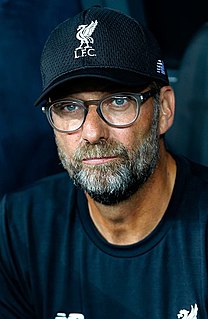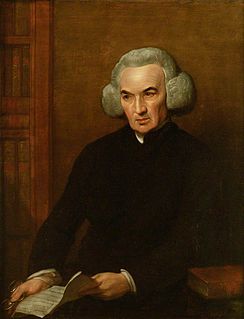A Quote by Trevor Nunn
When I was at Stratford, the very first thing that I was commissioned to work on was trying to make a musical out of the documentary material about the General Strike, which was the next big historical event in England, after the First World War.
Related Quotes
European peace movement felt that the deployment of these missiles on European soil, on German soil would be a very great danger towards the Soviet Union in that those missiles could reach the Soviet Union, make it vulnerable within five to six minutes, that it could surgical strikes, strikes into the military infrastructure and that a strike into the military infrastructure could cause in fact World War III, an atomic world war and that this could also be used for first strike, for surgical search, first strike into the Soviet Union.
After the First World War, it was, like, let's form the League of Nations, we have to learn to work together. It's the only way we're going to survive. And now it's like we're undoing these very fragile institutions that were built after the First and Second World Wars that were about nations working on a kind of global diplomacy for our mutual benefit. And we're undoing them at such rapid-fire pace.
In 1993, my first documentary was about the civil war in Algeria. That was in French and in Arabic. Another short film I did was silent. What I'm trying to say is that, yes, I'm Italian, and yes, I make films with Italian money, but personally, I've always been invested in the broader world of film-making.
There was as big a reaction after the revelations about Assad's chemical weapons. Nevertheless, that photograph did strike a singular chord. Which leads us to a larger fact: we don't understand why certain photographs create such an upheaval in one's soul. You look at them and go, "Oh my gosh." And that doesn't happen with television. It's unique to photography. Photographs are unique in that they are a frame abstracted out of reality, out of, in this case, a civil war. A single event can carry so much weight. And that is extraordinary.
I'm not into those kind of rivalries. I remember standing out in front of Stratford, minding my own business. Carload of about eighty kids would pull up: 'STRATFORD SUCKS!' Am I supposed to run after these guys? I'd just stand there, you know. They'd back up. 'STRATFORD SUCKS! ...STRATFORD SUCKS!' I'd say, 'I know. I go there. You're wasting gas, man.
I have watched how steadily the general feeling, as shown at elections, has been rising against Slavery. What a proud thing for England if she is the first European nation which utterly abolishes it! I was told before leaving England that after living in slave countries all my opinions would be altered; the only alteration I am aware of is forming a much higher estimate of the negro character.
Before I published my first book, I worked for a while as a documentary and wedding/bar mitzvah videographer, and a part of me still mourns the lost filmmaker I'll never be. Working on a documentary is nearly the opposite artistic process to writing: as a writer you are always trying to fill out a world to fit your story, but as a documentarian your work is to carve a story out of the world. Sometimes, when I'm feeling particularly blocked at my computer, I miss the days when I could just point my camera at something interesting and wait to see what happens.
